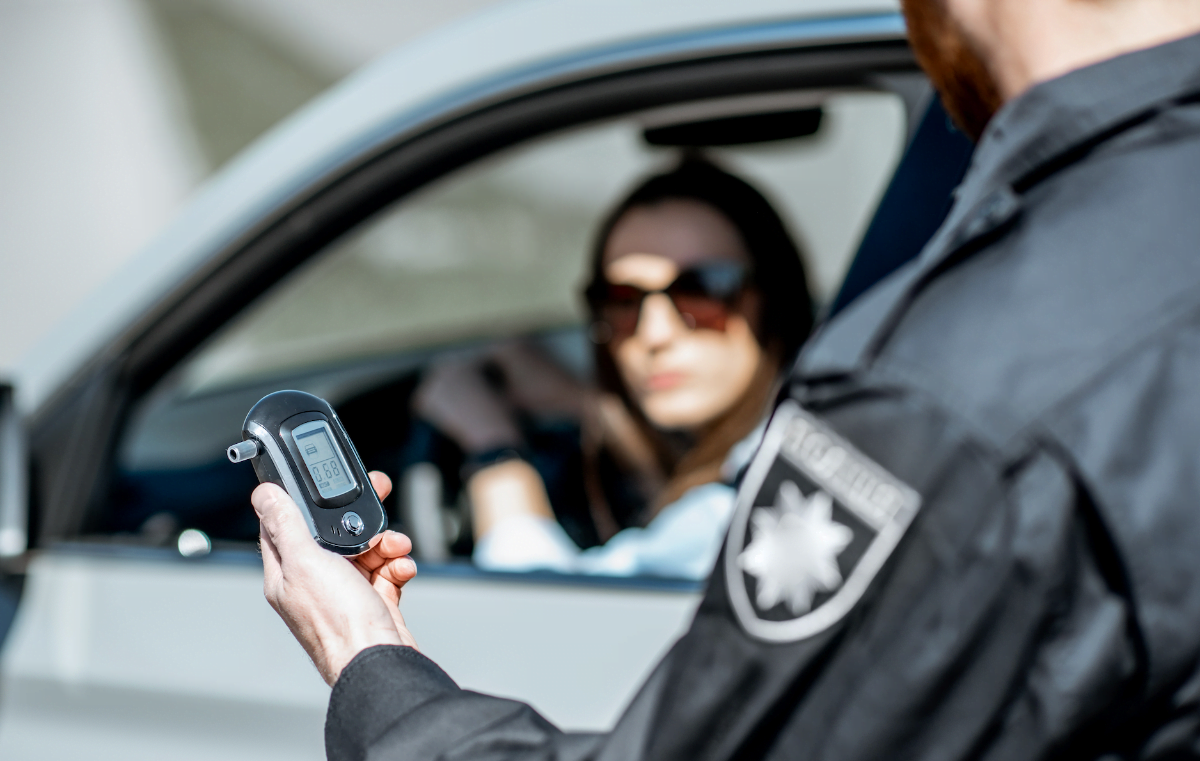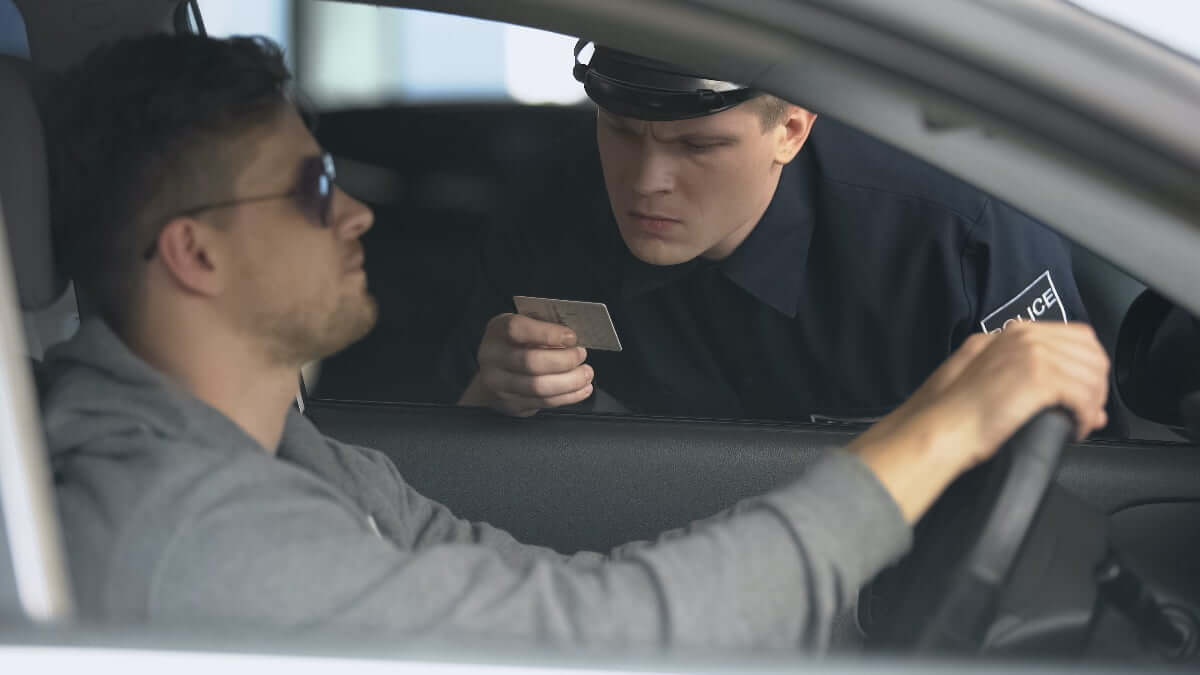There are a lot of great ways to get your loved one out of a Texas jail. Read to see what works best for your situation!
What Happens After You’re Arrested for a DWI in Texas
This is everything you need to know about the process following a Dallas arrest when your loved one is arrested and charged with a DWI.
College Survival Guide: Expungement and Sealing Criminal Records in Dallas
A wild night out with your friends doesn’t have to derail your future. Learn how to seal your criminal records in Dallas, Texas.
Texas Bond Remission After Forfeiture Laws– Get Your Money Back If The Defendant Misses Court
It sucks when you try to help someone by bailing them out and they skip their trial, leaving you liable for 100% of their bail amount. The good news is that there’s a way to get your money back. Keep reading.
How Is Bail Set in Texas?
There are plenty of things that can determine how a bail amount is set in the state of Texas. But first, it’s useful to know the basics of what bail is. Basically, it’s the sum of money you pay to be able to await trial at home. However, not all arrests can result in bail, and you won’t always be able to pay the bail amount yourself. So, let’s learn about how bail is set and what your options are.
Bail Depends on The Type of Arrest
When talking about the bail amount, it’s important to note that it won’t always be the same. Again, several factors will play a role here. However, the most important one is the severity of the crime. In the state of Texas, misdemeanors and less severe crimes can entail a bond ranging from $1,000 to around $3,000. On the other hand, suspected murders can warrant as much as $1,000,000. So, if you get arrested or if your loved one needs your help with bailing them out, you should be prepared and not surprised when you see a few more zeros on the check than you expected.
It’s Up to the Judge
Bail hearing is the time when you’ll be facing the judge. Usually, the bail amount will stay within the mentioned ranges. However, it’s really up to the judge to decide on the amount.
No two crimes can have the same circumstances. The judge will have to determine what they think is the appropriate punishment after hearing your side of the story. So, they can decide to keep you in jail until your trial, or you might be given the option to post bail to await trial from home. When it comes to less severe crimes, the judge will usually stick to setting bail, so jail time is something you shouldn’t worry about.
Bail Options
There are several things you can do when it comes to making bail. What most people opt for is having a family member post it for them. It works just as you would imagine it — someone you know will have to come and pay it for you.
Additionally, if your relatives cannot help you, you can look for a bail bond company. In that case, a bail agent will come and post the bail for you. Don’t forget that this only means that you’re able to wait for your court date out of jail. If you fail to appear in court, the judge can order another arrest.
Delta Bail Bonds Has Your Back
If you or anybody you know needs help paying their bail, we’re the right bail bondsmen to call. There are many different reasons why you should choose Delta Bail Bonds, namely convenience, assistance, confidentiality, and knowing the court system like the back of our hands. We will ensure that you and your loved ones have the best possible experience in such an unfortunate situation. So, contact us today, and let us help you out!
Tips for Safely Interacting with Police
Everyone has a different experience when interacting with the police, but there’s always a common element – it can be quite frightening. Luckily, there are ways to increase your chances of having a safe police encounter. Here are a few pieces of advice you should follow when the police stop you.
Keep Your Hands Visible
Normally, the first instructions you hear will be to keep your hands visible. It’s extremely important to keep this in mind throughout the entire interaction. During a police encounter, you may feel nervous, anxious, fearful, or a combination of these emotions. Without even thinking, you may feel compelled to put your hands in your pockets or somewhere else the police officer may consider suspicious. To avoid any misunderstandings, always keep your hands visible.
Be Polite and Respectful
This is possibly one of the most effective ways to ensure your police interaction is a safe and calm experience. Regardless of if you’re innocent or guilty, remain polite and quiet when interacting with a police officer. If you don’t feel comfortable speaking to them or answering their questions (besides identifying yourself), calmly let them know that you would like to speak to your lawyer first. According to the law, the police officer should respect that request and wait until a lawyer is present.
Do Not Argue
Do not, under any circumstances, argue with the police. If you think they are wrong or mishandling the situation, either politely tell them that you would like to speak to your lawyer or comply with their instructions. Anything else may be considered resistance, which may cause the officer to escalate the situation. As a citizen, you have the right to remain silent until a lawyer is present. By law, you’re only required to identify yourself. It’s always safer to be silent instead of argumentative.
Don’t Make Sudden Movements
No matter how the police interaction is going, you should not make any sudden movements. Whether it’s quickly moving your hands or your whole body, you want to remain as still as possible and only make slow movements. Officers are trained to respond to sudden movements. During your police encounter, they’re watching your body language and overall tension. If you make any sudden movements, they will respond quickly and the situation will escalate.
Don’t Resist Arrest
Never resist arrest, even if you’re innocent. Instead, if you think the police officer is wrong, ask for your lawyer. Remember that the goal is to have a safe police encounter. In order to ensure maximum safety, you should comply with the police at all times. Once your interaction with the police is over, you can file a formal complaint against the officer, or the jurisdiction, for their mishandling of the situation.
Talk to Your Lawyer
Anything you say can and will be used against you in court. Only share details about your police encounter with your attorney, and be sure to ask them for advice on what you can and can’t say in public. This will ensure your safety after the police encounter and minimize the risk of anything being used against you in court.
Delta Bail Bonds
If someone you know is facing jail time after an arrest, Delta Bail Bonds can help. Our experienced bail bondsmen are available 24/7 to post bail for your loved one in any part of the country, and we’re always dedicated to giving you the fast, respectful service you deserve. Call or visit our website to get in touch with an experienced bail bondsman today!
Posts navigation
Banner video popup
This will close in 0 seconds





